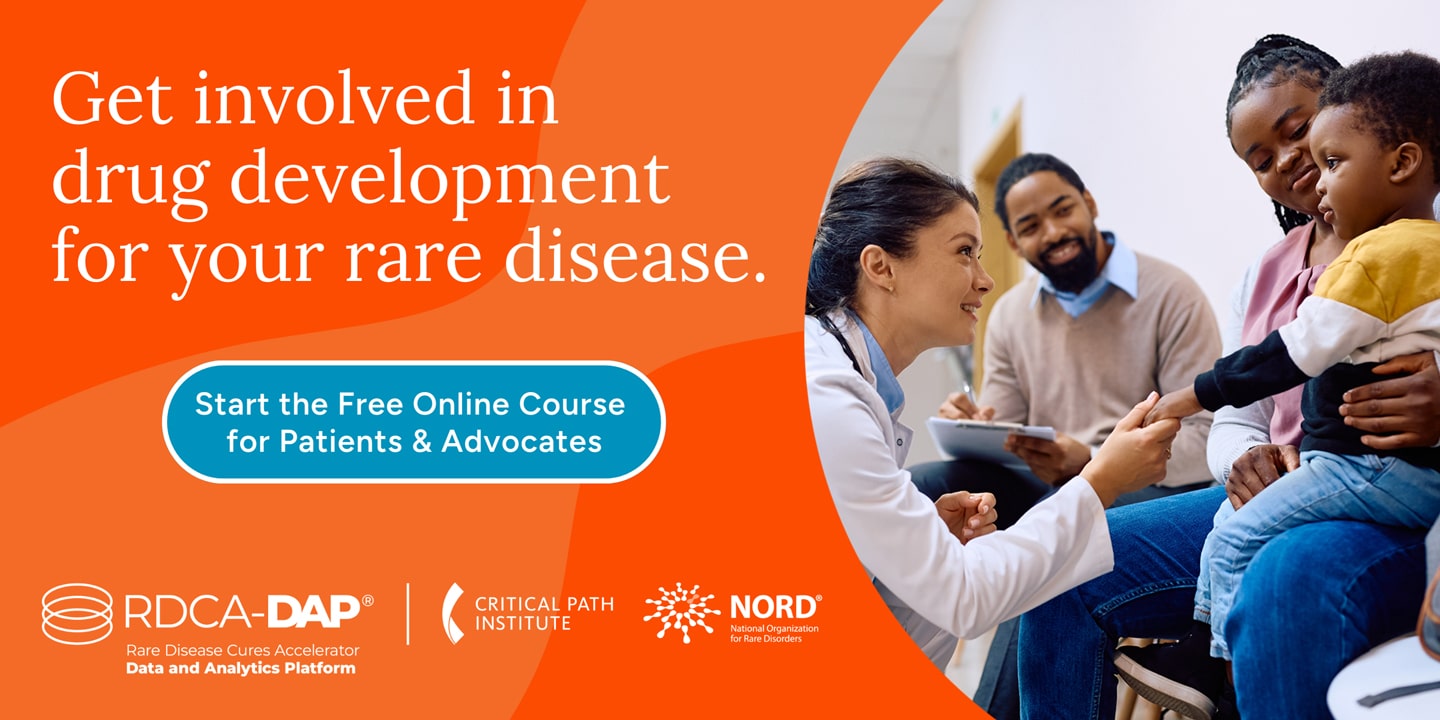Abigail MacCurtain was born a happy and healthy baby girl in the winter of 2011, despite being born at 35 weeks due to Premature Rupture of Membranes (PROM). The only notable problems were a large birthmark on her head and a failed Auditory Brainstem Response (ABR) Test, but medical professionals reassured Abby’s family that there was nothing to worry about. Through the first few months of her life, Abby had increased difficulty with feeding and was often vomitting before and after. Additionally, her breathing became audible and more labored, and the MacCurtain’s could hear fluid in her chest. Concerned, they took Abby to pediatricians and multiple specialists who dismissed it, insisting it was simply acid reflux. These trusted specialists would say things like,“she’ll grow out of this.”
As determined parents, the MacCurtain’s pushed for answers. Abby underwent a swallow study that showed liquid seeping into her lungs with every swallow. Unfortunately, this resulted in Abby contracting pneumonia since she was not able to expel the indicator from her lungs. She was rushed to the emergency room where an MRI showed lesions in the basal ganglia. Neurologists explained that this finding and her elevated blood lactate level were characteristic of a rare disease called Leigh Syndrome.
Leigh Syndrome is a genetic neurometabolic disorder that presents mostly in children ages 3 months to 2 years old. It is often characterized by defects in mitochondrial energy production, which can cause progressive neurological deterioration and a wide array of symptoms such as vomiting and reduced respiratory function. There are no proven therapies for Leigh Syndrome, but Abby is currently enrolled in a clinical trial that aims to improve mitochondrial function through the use of a drug derived from vitamin E.
Although the MacCurtain’s initially struggled with this difficult diagnosis, they have been active supporters of mitochondrial and other rare diseases in the Massachusetts area ever since. To hear more about Abby’s story, check out her Facebook page.
For more information about Leigh Syndrome, please visit our member organizations; Children Living with Inherited Metabolic Diseases, MitoAction, and The United Mitochondrial Disease Foundation. To connect with other Leigh Syndrome patients, please visit the RareConnect community.
Interested in submitting your own story to our website? Submit yours here.




